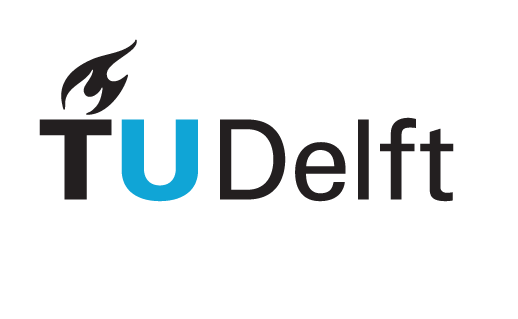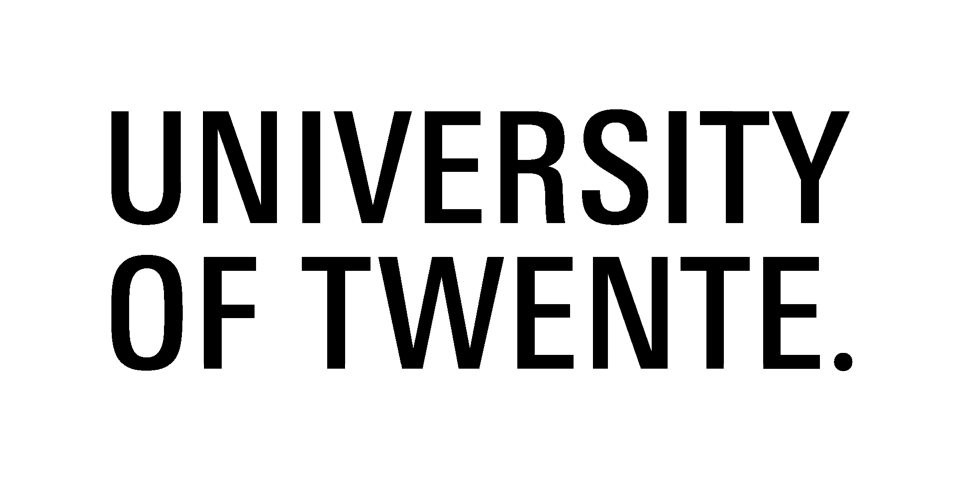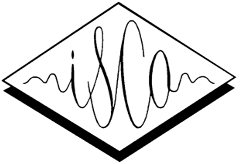
About us
Delft University of Technology
The Delft University of Technology (TU Delft; Dutch: Technische Universiteit Delft) is the oldest and largest Dutch public technical university, located in Delft, The Netherlands. It specializes in engineering, technology, computing, design, and natural sciences.
It has one of the largest campuses in the world. Extending over 161 hectares, it features restaurants, parks, cycle paths, a botanical garden, a new media center, a flight simulator and an aerodynamics and propulsion lab.
With eight faculties and multiple research institutes TU Delft educates more than 26,000 students (undergraduate and postgraduate), and employs more than 7200 employees who share a fascination for science, design and technology and a common mission: impact for a better society.
The university was established on 8 January 1842 by King William II as a royal academy, with the primary purpose of training civil servants for work in the Dutch East Indies. The school expanded its research and education curriculum over time, becoming a polytechnic school in 1864 and an institute of technology (making it a full-fledged university) in 1905. It changed its name to Delft University of Technology in 1986.
Dutch Nobel laureates Jacobus Henricus van 't Hoff, Heike Kamerlingh Onnes, and Simon van der Meer have been associated with TU Delft. TU Delft is a member of several university federations, including the IDEA League, CESAER, UNITECH International, ENHANCE Alliance, LDE, and 4TU.


University of Twente
The University of Twente (UTwente or UT for short; Dutch: Universiteit Twente) is one of the four Dutch public technical universities, located in Enschede, the Netherlands. UT specializes in fusing technology, science, and engineering with social sciences, thus adding a social touch to the technical research conducted here. Its motto is: "high tech human touch".
The University of Twente was built on the former country estate of Drienerlo, situated between Hengelo and Enschede. The 140-hectare estate consists of woodland, meadows and water. Architects Van Tijen and Van Embden designed the first — and so far only — Dutch campus university along American lines where students and staff live, work and pursue their leisure activities on campus.
The university was founded in 1961 as Twente Technological University of Applied Sciences (Dutch: Technische Hogeschool Twente or THT for short). After Delft University of Technology and Eindhoven University of Technology, it became the third polytechnic institute in the Netherlands to become a university. The institution was later renamed to Universiteit Twente (University of Twente) in 1986.
The Dutch government's decision to locate the country's third technical university in Enschede, the main city of Twente, had much to do with the north-eastern province's rich manufacturing industry (textiles, metal, electrical engineering, chemicals). Another important consideration was the fact that the local economy needed a boost to compensate for the dwindling textile industry. The municipality of Enschede made the Drienerlo estate available for the first campus University of the Netherlands.
ISCA
ISCA is a non-profit organization. Its original statutes (statutes in French or their translation in English) were deposited on February 23rd at the Prefecture of Grenoble in France by René CARRÉ and registered on March 27th, 1988.
The association started as ESCA (European Speech Communication Association) and, since its foundation, has been steadily expanding and consolidating its activities. It has offered an increasing range of services and benefits to its members and also it has put its financial and administrative functions on a firm professional footing. Indeed, over the ten years of its existence, ESCA has evolved from a small EEC-supported European organization to a fully-independent and self-supporting international association.
At the General Assembly that took place during the Eurospeech conference in Budapest (September 1999), ESCA became a truly international association in the global field of speech science and technology, changing its name to ISCA (International Speech Communication Association) and modifying its statutes accordingly.
The purpose of the association is to promote, in an international world-wide context, activities and exchanges in all fields related to speech communication science and technology. The association is aimed at all persons and institutions interested in fundamental research and technological development that aims at describing, explaining and reproducing the various aspects of human communication by speech, that is, without assuming this enumeration to be exhaustive, phonetics, linguistics, computer speech recognition and synthesis, speech compression, speaker recognition, aids to medical diagnosis of voice pathologies.

Interspeech 2025
PCO: TU Delft Events
Delft University of Technology
Communication Department
Prometheusplein 1
2628 ZC Delft
The Netherlands
Email: pco@interspeech2025.org
X (formerly Twitter): @ISCAInterspeech
Bluesky: @interspeech.bsky.social
Interspeech 2025 is working under the privacy policy of TU Delft
Interspeech 2025
 Registration website for Interspeech 2025
Registration website for Interspeech 2025Interspeech 2025interspeech2025@tudelft.nl
Interspeech 2025interspeech2025@tudelft.nlhttps://www.interspeech2025.org
2025-08-17
2025-08-17
OfflineEventAttendanceMode
EventScheduled
Interspeech 2025Interspeech 20250.00EUROnlineOnly2019-01-01T00:00:00Z
To be announcedTo be announced